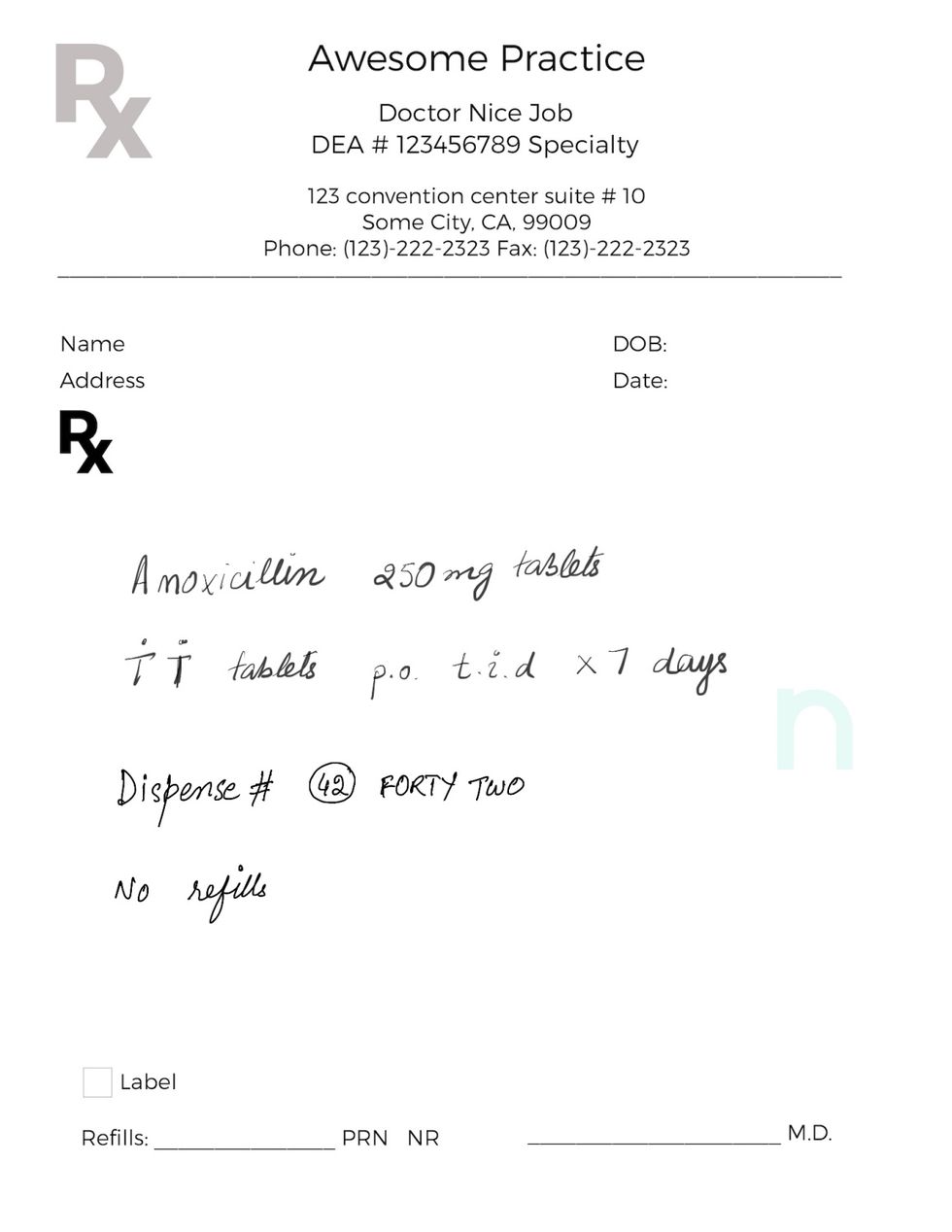In Pre-K, I had trouble understanding directions the first time they were given; in first grade, I had trouble reading and memorizing vocabulary words, but I did not know there was a problem until second grade when my teacher told me I was stupid. Not long after that, my Pediatrician diagnosed me with Attention Deficit Disorder (ADD) and gave me my first prescription of Focalin. Although there was an immediate, drastic improvement in my grades, I could not help but feel ashamed of my learning disability. I cried whenever one of my parents mentioned my medication usually screaming, “I’m not sick, why do I need medication?” My parents chose not to have me classified and not to tell the school system about my ADD, which I am now very grateful for due to the fact that while on my medication, I never required extra time on tests, but when I was young, all the secrecy just made me feel more ashamed. I hated the fact that I was different and inferior to the rest of the kids my age; I hid my disability from everyone until the fourth grade, and even then, I only told my best friend.
My freshman year of high school was when I finally stopped being ashamed of myself; I worked harder than I ever had before and realized that not only was I not stupid, I was capable of being above average. I was no longer afraid to tell people about my ADD, and I finally believed in myself. Four years later, I graduated high school with a 3.89 GPA and was accepted into The College of New Jersey, a school I love but never thought I could get into.
Even though I have come a long way since I was first diagnosed, more times than not, I find myself constantly overthinking, feeling ashamed when I have to ask a peer or professor to explain a concept to me again and underestimating my ability to accomplish the goals I set for my future. Trying to focus is still a daily struggle, and testing standardized or otherwise still gives me anxiety. I am sure deep down it irritates my friends when it takes me forever to add up my points in Crowns, that is when I don’t have one of them add it for me, or when I have to ask a million questions while trying to learn a new card game. But that’s just who I am and I would not change it for anything.
Eleven years and three different stimulants later, I went from a scared, hopeless little girl to a strong, independent woman, and I owe a lot of my growth to my diagnosis. Having to work harder than most to accomplish my goals taught me never to take anything for granted, to be patient toward others, and to never stop fighting for what I want and believe in. My ADD does not define or limit my intelligence; it simply forces me to find an alternate way to tap into it. No matter how large an obstacle seems, if I set my mind to it, I can achieve anything.
















